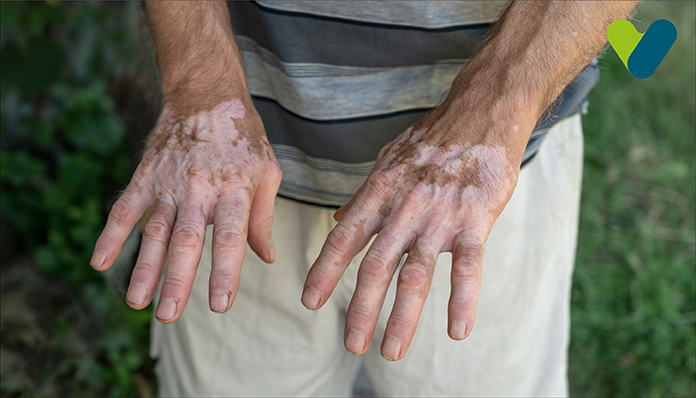Introduction
Natural remedies are an excellent healthy remedy for improving the immune system and aiding in treating infections like pneumonia. They may ease specific common symptoms, including cough, fever, and muscular discomfort. These cures, however, do not take the place of medical care. Alternative therapies should always be used under the guidance of your doctor whenever feasible. Sneha and Shristi were both down with fever. However, Sneha was cured, and Shristi tested positive for pneumonia. She detested and avoided taking medicines. So Sneha contacted her doctor and helped Shristi get on her feet by fixing her through some of her effective home remedies. The doctor also approved these remedies.
Remedies used to Lower the Fever.
Some pneumonia home remedies used to lower the
pneumonia fever are described below.
1. Compresses made from peppermint tea:
It is a simple yet efficient method of treating fever since it causes the body temperature to drop in minutes. It helps because mint leaves include chemicals that serve to chill the skin, such as menthol.
Soak two cold compressors or a clean towel in warm peppermint to make the compresses and dry out the remaining water. Finally, apply the compressor the towel to your head for ten to fifteen minutes. It is a pneumonia home treatment that you can do numerous times per day. Just ensure the tea isn't too hot or too cold to avoid a thermal shock.
2. Tea made from white willow
White willow is a medicinal herb with a powerful anti-inflammatory and painkiller action, which aids in the relief of headaches and sickness since it contains a chemical called salicin, which is quite similar to aspirin.
As a result, this tea is an excellent natural remedy for various pneumonia symptoms, including aches and muscular discomfort.
Remedies Used to Relieve Cough
Some of the effective options used to relieve cough are described below.
1. Tea with thyme
Thyme is a herbal remedy used to cure coughs during pneumonia and is approved as a potential determinant in cough medications by the FDA and the European Medicines Agency. It may be due to the influence of antioxidants in the plant. The plants contribute to the relaxation of diaphragm muscles and relieve irritation.
It is safe for people of all ages over the age of two. However, it should only be taken by pregnant women under the guidance of an obstetrician.
2. Pineapple nectar
Pineapple juice is a fantastic natural alternative for cough relief since it contains a lot of bromelains, a chemical that inhibits coughing.
It also helps in the strengthening of innate immunity and the reduction of respiratory irritation due to its high vitamin C content. This home remedy for pneumonia in adults, children, and pregnant women can be helpful because it is a 100% natural juice.
Remedies Used for Relieving Muscle Pain
The following are some simple and effective home treatments for muscular pain and overall malaise:
1. Tea with Ginger
Ginger is a therapeutic root with significant levels of gingerol and shogaol. It implies ginger can benefit from a variety of pains, including muscular pain and overall malaise. Furthermore, ginger's phenolic compounds have a significant antioxidant impact, which helps to improve immunity in a pneumonia patient.
Ginger is a healthy root to eat for grownups and children over the age of two. It's also regarded as protective during pregnancy.
2. Tea made with Echinacea
Echinacea is well-known for its immune-boosting properties. It is also good for reducing bodily swelling and has analgesic properties to aid with muscular pain and overall malaise. Echinacea is a fairly safe herb that may be taken by grownups, kids over the age of two, and even expectant mothers if handled properly. It is a decent ingredient for pneumonia treatment home remedies.
Conclusion
Rest, medicines and excess water intake are all common pneumonia treatments. Even if your problems start to fade, you should ease up.
In rare circumstances, then an antibiotic, the doctor may give an antiviral medicine.
Even if you start to feel better, you should finish the course of treatment. Visit your physician if you don't notice any improvement after three days.


